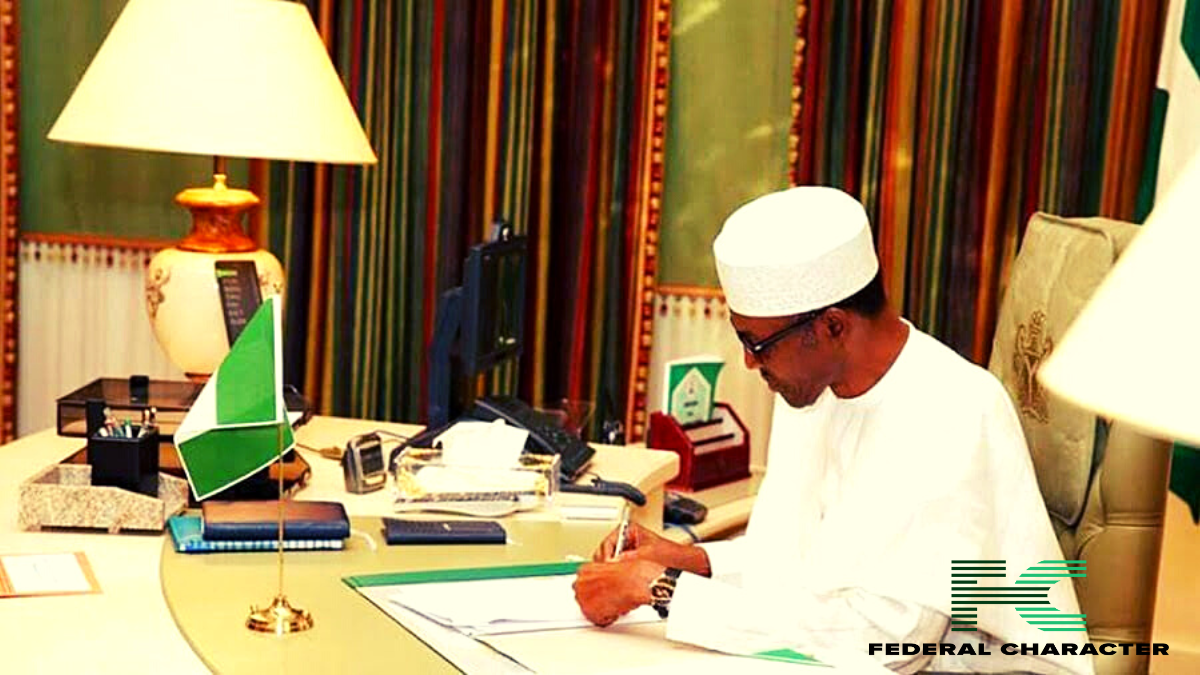The Nigerian National Petroleum Company Limited (NNPC) may finally sell some of its refineries after years of failed repairs and growing costs, NNPC’s Group Chief Executive Officer, Bayo Ojulari, revealed this during an interview, suggesting that even after billions spent, the future of the refineries remains uncertain.
NNPC May Sell Refineries Amid Mounting Failures
Ojulari, speaking with Bloomberg on Thursday at the 9th OPEC International Seminar in Vienna, admitted that NNPC’s refinery review could lead to a major shake-up, including possible sales.
“So we’re reviewing all our refinery strategies now. We hope before the end of the year, we’ll be able to conclude that review. That review may lead to us doing things slightly differently,” he said.
When asked directly about selling the refineries, he did not rule it out.
“But what we’re saying is that sale is not out of the question. All the options are on the table, to be frank, but that decision will be based on the outcome of the reviews we’re doing now,” he stated.

This raises questions about what exactly has been achieved with the countless promises and huge funds sunk into these refineries for years.
NNPC Blames Old Machines And Failed Technologies
Nigeria’s refineries, including those in Port Harcourt, Warri, and Kaduna, have been plagued by decades of poor maintenance and mismanagement.
The Port Harcourt refinery restarted briefly in November 2023 but shut down again in May for maintenance—another addition to the long list of disappointing comebacks.
Ojulari pointed fingers at old machines and underperforming technologies for the poor results.
“So refineries, we made quite a lot of investment over the last several years and brought in a lot of technologies. We’ve been challenged. Some of those technologies have not worked as we expected so far. But also, as you know, when you’re refining a very old refinery that has been abandoned for some time, what we’re finding is that it’s becoming a little bit more complicated,” he explained.
Yet, these issues have been known for decades, leaving many wondering why NNPC keeps repeating the same expensive mistakes.
High Oil Costs Continue To Drain Nigeria
Ojulari also admitted that Nigeria’s oil production costs remain worryingly high, between $25 and $30 per barrel—much higher than many oil-producing nations.
He blamed this partly on the huge sums spent securing pipelines, which are frequently targeted by vandals.
“For the cost of crude production, there’s a capital cost and there are the operating costs,” Ojulari said. “The operating cost right now in Nigeria is hovering over $20 per barrel, which is quite high.
“Part of that is because of the investment we’ve had to make in terms of security of our pipelines, which, as you know, today we have 100 per cent availability of our pipelines. That came out of significant investment.
“So we believe with time, with stability, that cost will start going down, but for now it’s somewhere between $25 and $30 a barrel,” he added.
Even with that hope, many Nigerians are left asking why the country, blessed with oil wealth, keeps sinking deeper into these costly cycles.
NNPC Aims For More Oil Despite Setbacks
Despite these many challenges, Ojulari said NNPC aims to increase Nigeria’s oil output to 1.9 million barrels per day by the end of the year.NNPC may sell refineries, but that also signals the company’s admission that its efforts at fixing them have largely failed. After years of promises, ballooning repair costs, and repeated shutdowns, the same question keeps coming up: How much more will Nigerians pay before these refineries either work or get sold off entirely?
Ojulari says the review will decide their fate. But for many Nigerians watching, it feels like the outcome was decided long ago.

















